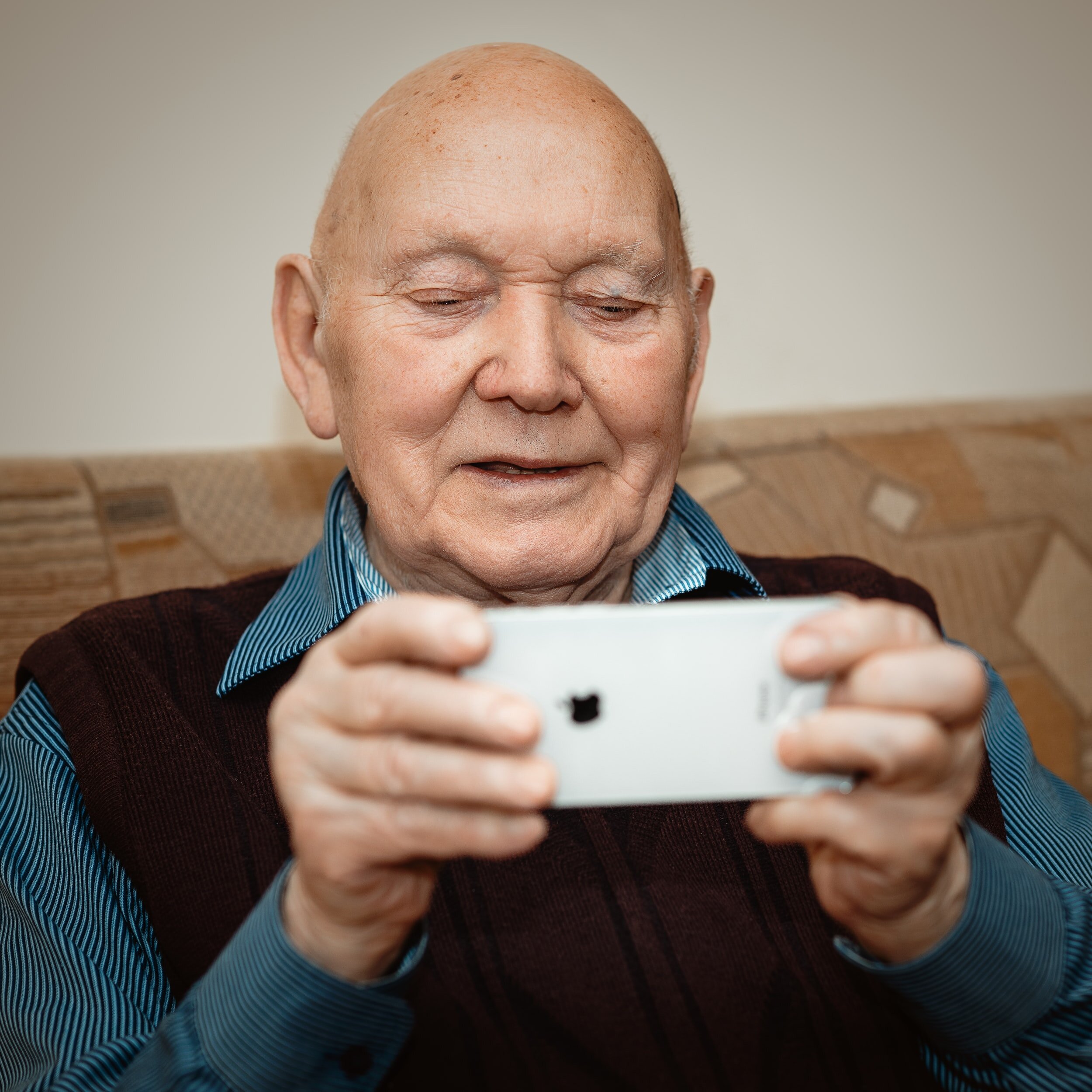
Smartline Research
Click & Connect
The move to life online is one of the most significant social changes of the COVID-19 pandemic. Suddenly, everything from shopping to schooling was carried out via the internet – and a lot of the time, this was because it was the only option.
During this period, the Coastline Housing Customer Investment Team (CIT) developed a new online platform called Click & Connect. The idea behind this was to ensure that their community work among Coastline Housing customers could continue during lockdowns and restrictions.
We are working with CIT to understand the impact and implications of Click & Connect among its users.
“This is such an important project in helping us to evaluate the impact of remote connectivity among our Coastline Housing customers.”
Why are we doing this research?
In response to the move online, Coastline Housing set up their Click & Connect platform to maintain their community work. Our research is helping to understand how the new users respond to the platform.
We’re aiming to understand the feasibility, acceptability and potential impact of the platform on user’s feelings of social connectivity. How effective is it at maintaining that sense of community?
It will be fascinating to study this particular project within its wider context. At the peak of the pandemic, almost every aspect of our lives moved online. How did this affect people?
Issues such as access to technology came to the forefront, along with mental health questions such as whether remote connectivity mitigated or increased the sense of isolation.
Did these issues affect the new Coastline virtual community?
What research has been carried out?
We’ve already been working with Coastline Housing to understand their motivations for setting up Click & Connect to see what other organisations can learn from the experience.
Our next phase of research is to understand how the new platform impacts its users.
We will investigate whether new users gain feelings of social connectivity, a different sense of community and mental wellbeing.
What could be the impacts?
These findings will have important, real-life implications for virtual community platforms. Since the first lockdown in March 2020, Smartline has been approached by agencies and policymakers about the impact of life online.
They are seeking information for two main areas of concern. Firstly, what is the impact of this new digital world on people’s wellbeing? Secondly, does online activity fill the community void that so many of us felt when we first went into lockdown and throughout the pandemic?
This study is particularly timely for all sectors of society, given that the shift to life online is a change that will continue post-pandemic, certainly in many areas.
What happens next?
The end user research phase is due to start later in the summer of 2021. Check back here for updates.
Who is involved?
This Smartline research is led by Karyn Morrissey from the University of Exeter. She’s working alongside Coastline Housing’s CIT.
Related Research
How feasible and accepted is digital technology among social housing residents?
Our new research explores how Cornwall’s social housing residents use digital technology that aims to improve health and wellbeing. The findings uncover that people want and need to use technology to improve health, wellbeing and to feel socially connected.
Reducing Isolation During Lockdown
Smartline researchers are developing a guide to using online devices to reduce feelings of isolation during COVID-19 lockdown. Launched in 2017, the study gathers hard data and insights from residents living in social housing in Cornwall whose demographic is proportionately older, in the South West of England, via sensors in their homes.
Volunteering within a social housing community
In general research demonstrates that deprivation, education, health, and well-being are determinants of volunteering, and that volunteering can play an important role in building stronger communities and provides many benefits for individual health and well-being. This study concentrates on the effects of physical and mental health and well-being as predictors when the aspect of socio-economic impact has been minimised.






